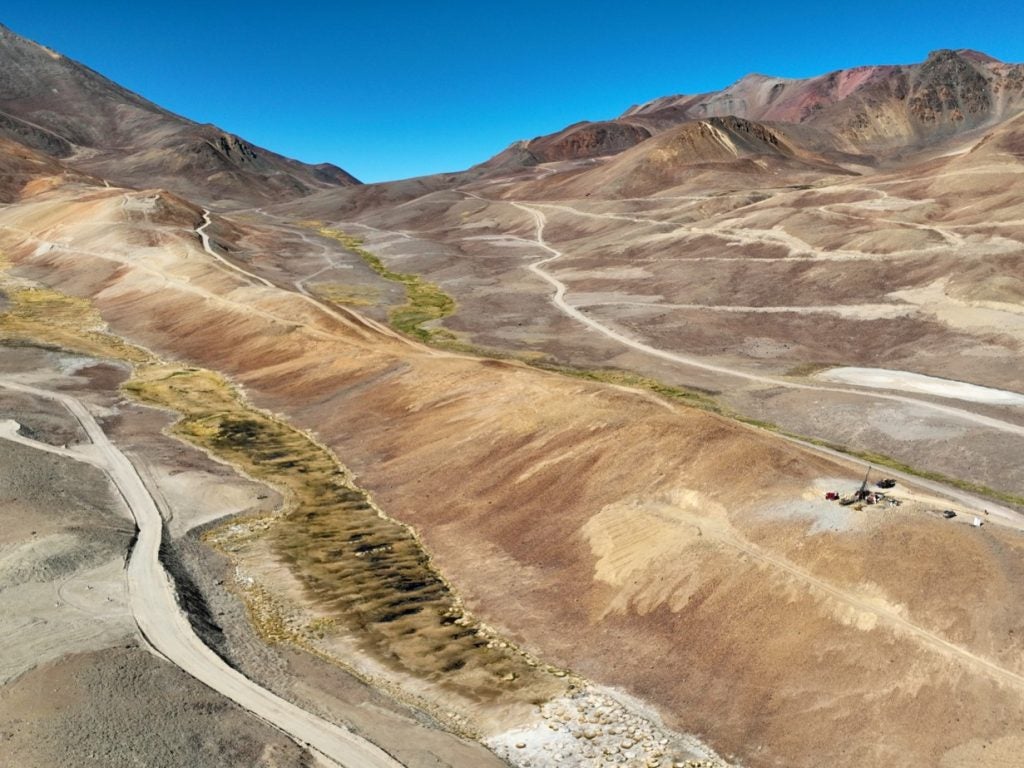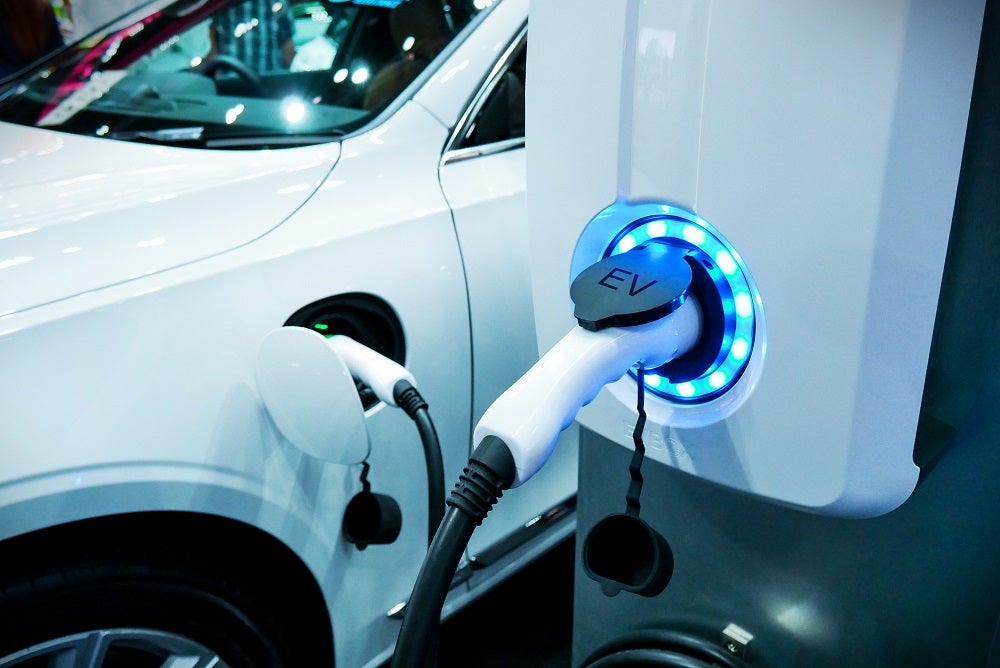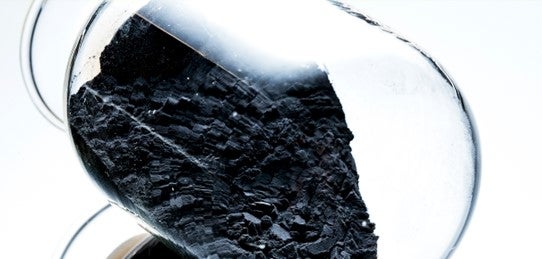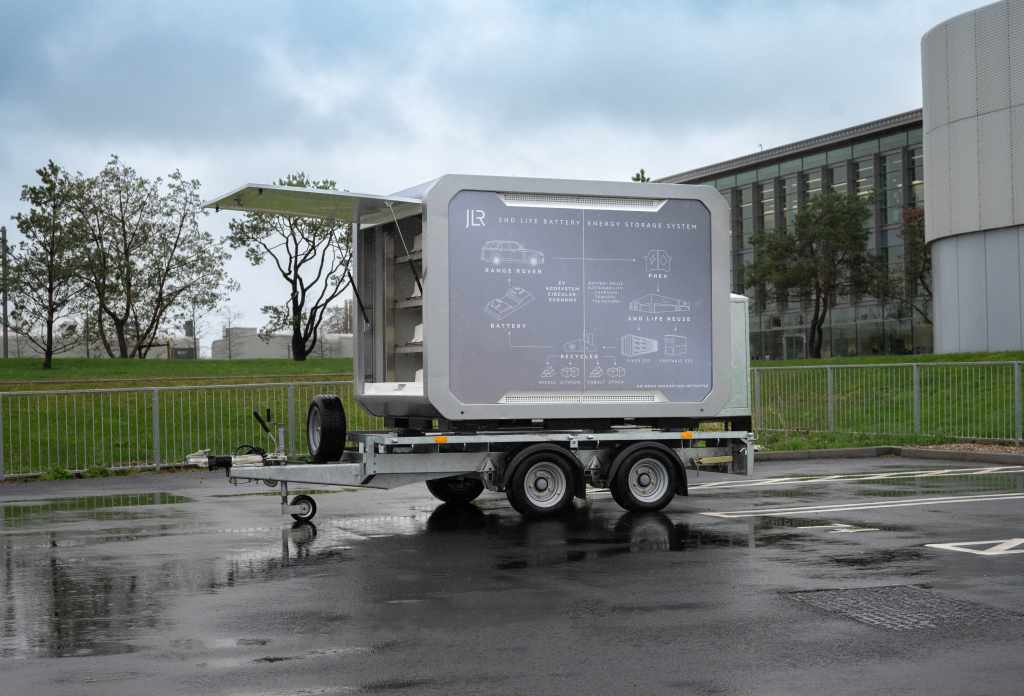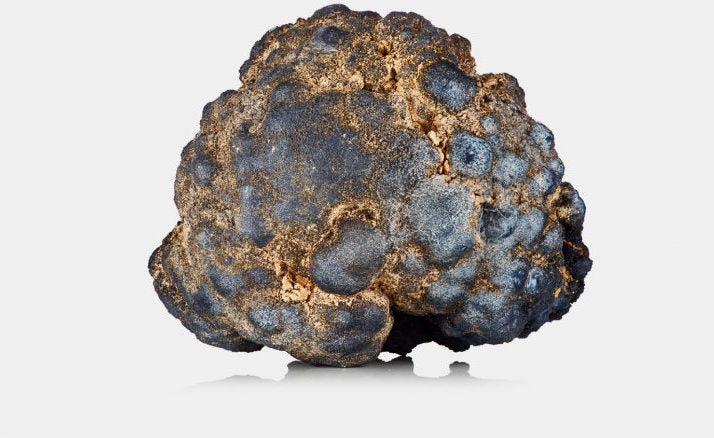
As production of battery electric vehicles ramps up across the auto industry, demand for lithium-ion batteries and the raw materials that make them is increasing significantly. Today’s Li-ion cells contain a cocktail of metals, which are almost universally extracted from mineral ores mined from underground – these include nickel, manganese and cobalt. The cost of retrieving and refining these metals is great, from both an environmental and an economic perspective, and is likely to increase over time as demand for battery raw materials grows.
However, a Canadian startup called The Metals Company is proposing a novel idea to extract many of the raw materials needed for Li-ion batteries from the deep sea floor. It says there are large deposits of ‘polymetallic nodules’ that contain nickel, cobalt, copper and manganese all in one ore in a layer of thin sediment on the ocean floor. These ores have been known about for more than a century and were first analysed in the 1970s but minimal further research was conducted.
The Metals Company has secured the rights to explore a 150,000km2 area within a large ore deposit in the Pacific Ocean around 500 miles south of Hawaii. Within that area alone, it estimates there is enough ore to supply raw materials for 280 million battery EVs – around one quarter of all passenger vehicles currently in use.
This means the raw materials extracted by The Metals Company could be used to manufacture 14,000GWh of battery cells, assuming an average of 50kWh per EV battery pack. To put that into perspective, Tesla’s German battery factory is due to begin manufacturing cells this year to supply its European-built models – planned annual capacity at the factory is 100GWh by 2022, with the option to ramp up to 250GWh in the future.
The Metals Company is proposing a deep-sea extraction rig with a collector that runs along the ocean floor, picking up the polymetallic nodules and sending them to the surface via a riser system. The riser is connected to a vessel floating on the surface, which separates the nodules from the water and sediment, returning them to the floor. The collected nodules are then taken back to land to be processed into metals. The Metals Company says the nodules are almost entirely composed of useful metals so generate 99% less solid waste than on-land mining.
How well do you really know your competitors?
Access the most comprehensive Company Profiles on the market, powered by GlobalData. Save hours of research. Gain competitive edge.

Thank you!
Your download email will arrive shortly
Not ready to buy yet? Download a free sample
We are confident about the unique quality of our Company Profiles. However, we want you to make the most beneficial decision for your business, so we offer a free sample that you can download by submitting the below form
By GlobalDataThis process promises a number of benefits. The Metals Company claims its method produces just 10% of the CO2 emissions of conventional mining, with 11% of the water use, and just 1% the relative toxicity. In addition, because the ores are deposited on or near the surface, the company doesn’t need to employ any blasting or drilling methods to extract it, reducing damage to the environment.
While there are many proposed benefits to The Metals Company’s process, it will still probably have an impact on the ecosystems in which it takes place. Comparatively little is known about deep sea environments and damage there could harm local flora and fauna. The Metals Company states, however, that the ecosystems it operates in contain far less life and store less carbon than those on land. In addition, it highlights that the production of batteries will undoubtedly lead to more on-land mining, with an associated environmental impact that could be reduced if its deep sea process was used instead.
Keen to accelerate its nodule extraction, The Metals Company recently listed on the NSYE via SOAC, a special purpose acquisition company (SPAC) in March 2021. This funding pattern is becoming increasingly common as more companies in the EV space seek to access investor finance, with recent EV SPAC listings including Lucid Motors, Fisker, Nikola and QuantumScape. The Metals Company estimated its value at the point of listing to be $2.9 billion.




